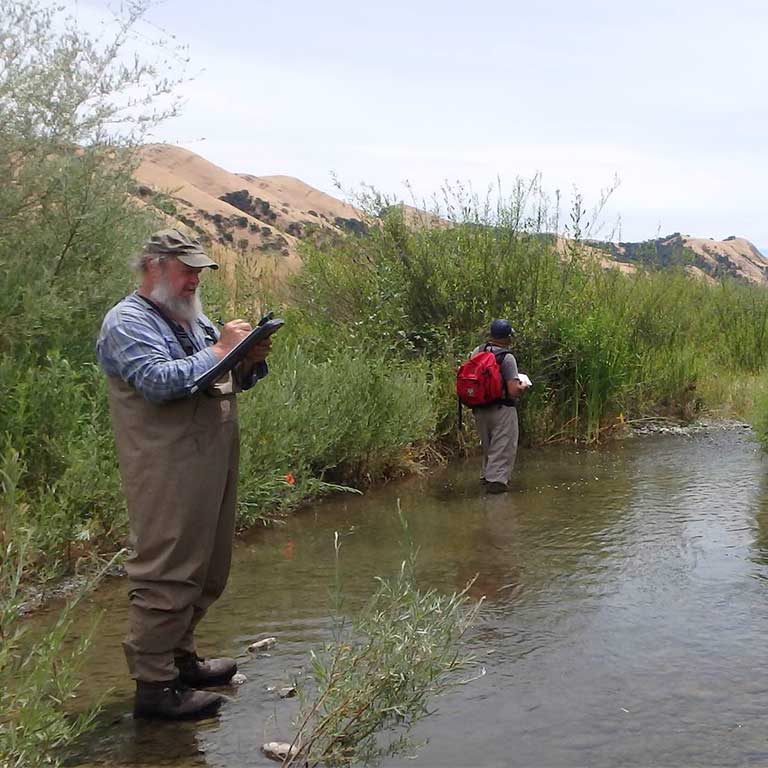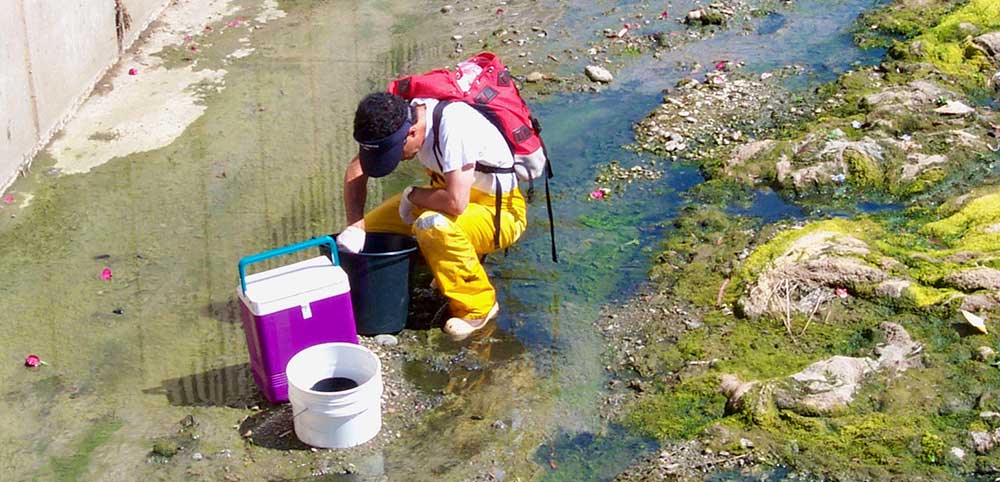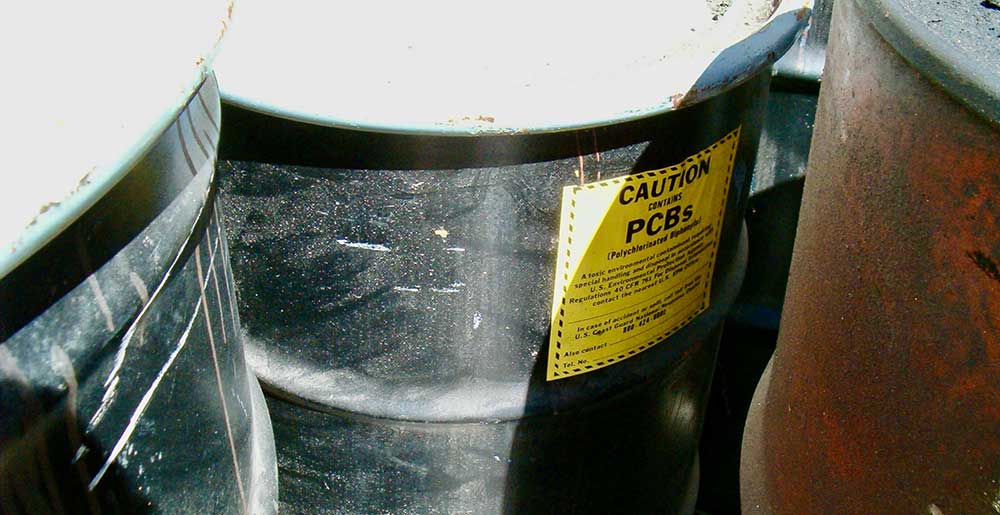The Alameda Countywide Clean Water Program (ACCWP) is the NPDES stormwater permit holder for Alameda County. AMS has supported the ACCWP in achieving compliance with its respective stormwater NPDES permits by conducting a variety of scientific and engineering investigations addressing various management questions of interest to collaborating municipalities and regulatory agencies.
The ACCWP facilitates local compliance with the Federal Clean Water Act for its member agencies: Alameda County, the cities of Alameda, Albany, Berkeley, Dublin, Emeryville, Fremont, Hayward, Livermore, Newark, Oakland, Piedmont, Pleasanton, San Leandro, Union City, the Alameda County Flood Control and Water Conservation District, and the Zone 7 Water Agency. The underlying purpose of the ACCWP is protect the water quality of Alameda County’s waterways and minimize negative impacts upon beneficial uses they support.
AMS brings its in-depth understanding of water quality in general and environmental monitoring in specific to bear to best ensure that investigations conducted for ACCWP are of highest quality, representative of environmental conditions present, and in full compliance with regulatory requirements. AMS has developed novel methods to address management concerns, including a low-cost technique to identify source properties of legacy contaminants that has been adapted for use in several successful State and Federal grant applications.
AMS has been an on-call contractor to the Alameda Countywide Clean Water Program (ACCWP) since 1998. Over this time, AMS has designed and implemented a number of environmental monitoring investigations and assessments in support of management needs. In addition to design and implementation of various County-based efforts, AMS has also supported coordination efforts on behalf of ACCWP with other Bay Area stormwater management agencies to ensure regional consistency. As an example, AMS developed several tools for managing and ensuring data quality of regional efforts, including development of SWAMP-comparable Quality Assurance Project Plans (QAPPs) and Standard Operating Procedures (SOPs), and is currently supporting regional planning efforts addressing regional Low Impact Development (LID), Receiving Water Limitations (RWL), and trash monitoring efforts.





